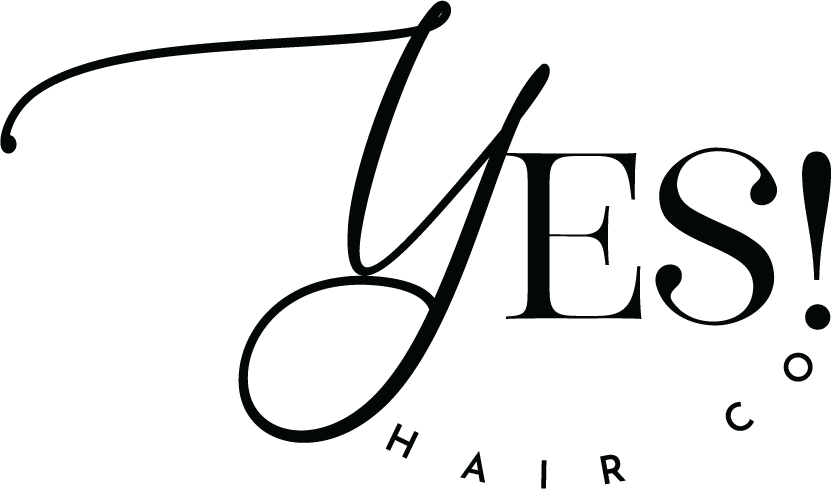Hair Loss and Scalp Disorders

Hair loss disorders, also known as alopecia, can have various causes leading individuals to seek professional help from a trichologist. Here are some of the most common types of hair loss disorders that prompt clients to consult with a trichologist:
1. Androgenetic Alopecia (Male and Female Pattern Baldness):
- Androgenetic alopecia is the most common form of hair loss, affecting both men and women.
- It is characterized by a gradual thinning of hair, usually starting at the temples orcrown in men and diffuse thinning in women.
2. Telogen Effluvium:
- Telogen effluvium is a temporary form of hair loss that occurs due to significant stress, illness, hormonal changes, or nutritional deficiencies.
3. Alopecia Areata:
- Alopecia areata is an autoimmune condition characterized by sudden, patchy hair loss on the scalp or body.
4.Traction Alopecia:
- Traction alopecia results from excessive tension on the hair follicles, often caused by tight hairstyles or hair treatments.
By consulting with a trichologist, individuals experiencing hair loss disorders can gain valuable insights, personalized treatment plans, and ongoing support to address their specific concerns and achieve healthier, fuller hair.
Scalp Disorders
Scalp disorders can include a range of conditions that affect the skin on the scalp, leading individuals to seek the expertise of a trichologist for evaluation and management. Here are some common scalp disorders that clients often present to trichologists:
1. Seborrheic Dermatitis
-Seborrheic Dermatitis is characterized by a flaky, itchy scalp that may be caused by an overgrowth of yeast or dry skin. These scales appear more oily and sometimes yellow in color. alp environment.
2. Scalp Psoriasis:
- Scalp psoriasis is a chronic autoimmune condition that causes red, scaly patches on the scalp.
3. Folliculitis:
- Folliculitis is an infection of the hair follicles, resulting in red, inflamed bumps or pustules on the scalp.
-Trichologists can identify the underlying cause of folliculitis and recommend appropriate treatments, such as antibacterial or antifungal medications.
By consulting with a trichologist for scalp disorders, individuals can receive expert advice, tailored treatments, and ongoing care to address their scalp concerns and promote a healthy scalp environment.






